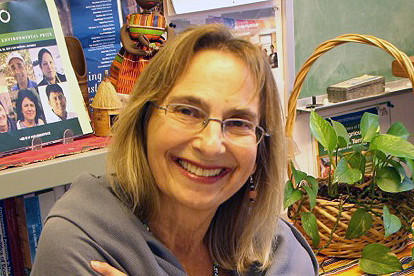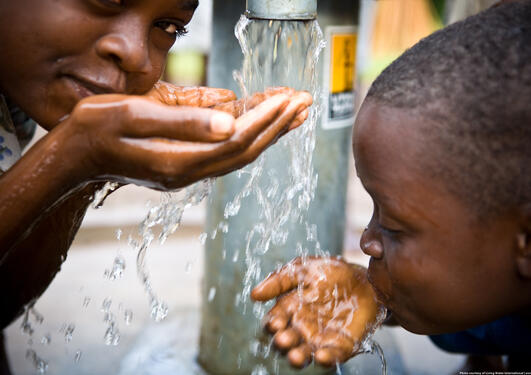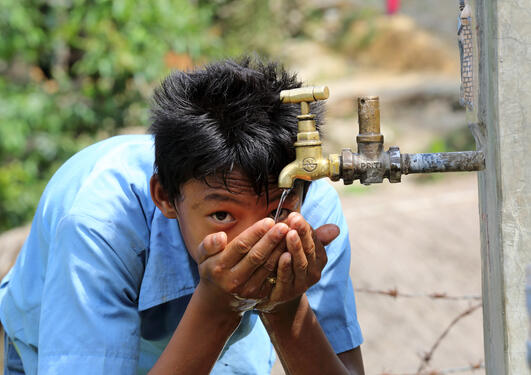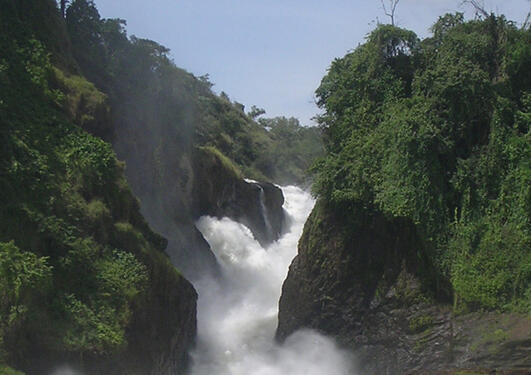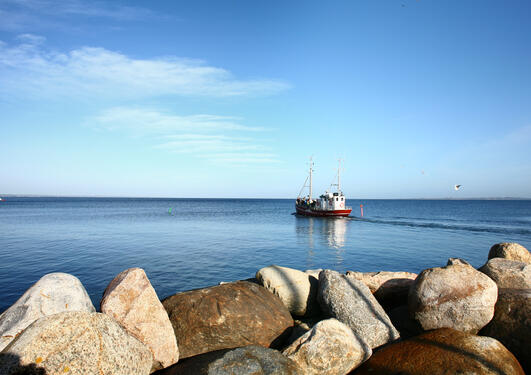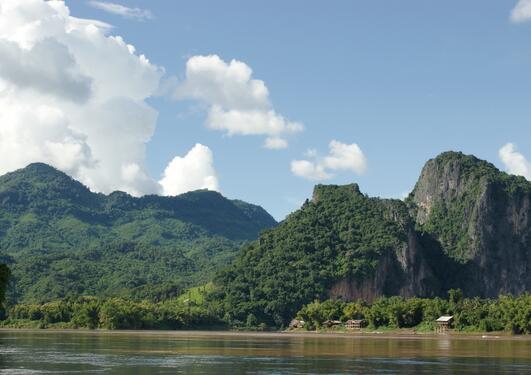Integrated Watershed Management
The socio-institutional tale of one River Basin and one Lake Basin

Hovedinnhold
Robin Marsh
Senior Researcher
Institute for the Study of Societal Issues (ISSI) at UC Berkeley
Presentation (pdf)
The Jubones River Basin in Ecuador stretches from the Atlantic to the Pacific Oceans traversing the Andean mountains, cultivated valleys and lowland plantations. It is home to half a million people of Quechua, Mestizo and African descent.
Since 2000, the vast and diverse watershed has been cooperatively managed by an alliance of government, non-governmental and community-based organizations convened by the Commonwealth of the River Jubones Basin (“Commonwealth”) to address increasingly urgent threats to ecosystem integrity and local livelihoods, exacerbated by the impacts of glacier melting in the upper river basin. Key aspects of the Commonwealth’s approach are support for participatory governance and facilitating negotiating power of local municipalities.
The Lake Victoria Basin (LVB), stretching across parts of five East African nations is home to over 40 million people who rely on the lake and the Basin’s watersheds and ecosystem services for survival, largely from agriculture and fisheries.
As a result of a fast growing population, declining soil fertility, threatened wetlands and fish stocks, food insecurity is worsening, particularly for women and children. The partnership Health of People and Environment – Lake Victoria Basin (HoPE-LVB) of several donor agencies, NGOs, CBOs, local and regional governments is an initiative to address these and other challenges. A key element of this initiative is the explicit inclusion of a sexual and reproductive health component. HoPE-LVB is now in its second scaling-up phase to create and demonstrate evidence for institutionalizing the approach within and beyond the Lake Victoria Basin.
What can we learn from the experiences of these two distinct socio-institutional responses to complex and interrelated ecosystem, economic and social challenges of a River and a Lake Basin? Can we make a case for south-south knowledge sharing across continents that will improve the outcomes for both approaches?
This keynote is open to the public.
